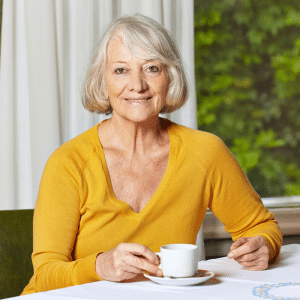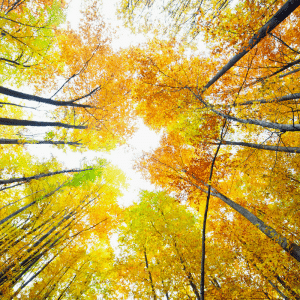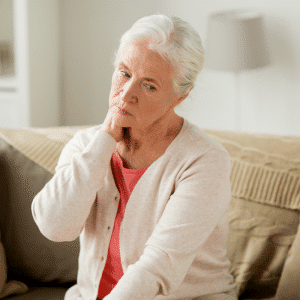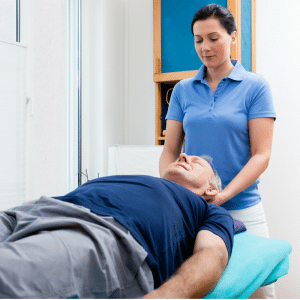Finding Adventure Later In Life

It is perhaps common as we age to notice that our sense of adventure fades a little. We begin to think about the inherent risks in each activity we undertake more than when we were in our twenties. We think about the repercussions if the risks were realized. That may be good on some level. With age wisdom can come to us. But, there is a greater risk than those that we think of avoiding. We run the risk of losing the sense of adventure. Aging doesn’t do that, we choose that. There are plenty of ways that we give up that sense as we age without realizing it.
- We start to drive only on paved roads. Remember being young and taking your vehicle down some shady dirt roads that led to who knows where in a jalopy that was prone to breaking down? Of course, I’m not advocating that you do that! The only reason we did it when we were young is that we were short-sighted and could walk long distances without tiring. But, as we age, generally, our vehicles become more dependable. We almost always have a map of the area that we’re in. We also travel with GPS and cellphones regularly. With all these extra measures of safety, why wouldn’t we take a side route on a gravel road. You can go slowly if you’re worried about your paint job, but you are much more likely to see wildlife, find hidden away pockets of culture and perhaps even an out of the way gas station or café that you’d love to frequent. It’s a beautiful thing to have the time and freedom to do this, so take the opportunity and run with it!
It is perhaps common as we age to notice that our sense of adventure fades a little. We begin to think about the inherent risks in each activity we undertake more than when we were in our twenties. We think about the repercussions if the risks were realized. That may be good on some level. With age wisdom can come to us. But, there is a greater risk than those that we think of avoiding. We run the risk of losing the sense of adventure. Aging doesn’t do that, we choose that. There are plenty of ways that we give up that sense as we age without realizing it.
- We stay in temperature-controlled environments far too often. When we were young, we’d go to the swimming hole or lake when it was dreadfully hot & sometimes even when it was dreadfully cold and made our lips turn blue. We’d play in the snow until we were soaked through our outdoor wear. As we age, we get a lot more particular about the weather that we’re willing to endure, and consequently, we see a lot less of the world around us and even appreciate our shelters a little less because we do not realize what they are protecting us from. Start out small if you feel like you’re becoming a little too comfortable indoors. When it rains next time, grab an umbrella, put on some rain boots or old shoes and go outside to stomp in the puddles. Go wading in the lake. Have a picnic at the park. You do not need to go to extremes to enjoy your life more, little steps will get you there. And, the adventures will keep you young at heart.
- We give up getting together with friends. Over the years of raising families, and then doing our own rounds of elder care, our friendships can get shoved to the back burner. It’s far easier to stay home than to arrange to get together with people. It requires less of us to socialize. We do not have to worry about weather conditions, food choices or talking points. But with this choice comes a great deal of monotony, loneliness and boredom. Even if you go out for the night and spend time with someone who annoys you terribly, you’ll have something to think about the next day. It’s more likely that you’ll go and spend time with someone that does not annoy you and you’ll have pleasant memories to carry with you later in life. You’ll also feel your spirits lightened and maybe a few new jokes to tell!
Adventure does not have to mean that you set out to climb Everest. It doesn’t mean that you have to swim the English Channel, although if you do, please let me know so I can cheer you on! It only means that you need to keep reaching out, keep exploring, keep learning and growing no matter the season of life that you’re going through. If you are house bound right now, your sense of adventure might mean that you ask for a laptop to learn a new skill like coding or speaking a different language. If you are unable to lift over 10# perhaps you can begin learning piano and taking longer walks than you’re accustomed to. Whatever you have as a limitation, work within that, but always keep growing in other ways to compensate.
We only have so many days here on earth. Let’s not regret our use of them!


 Massage can benefit seniors & the elderly in several ways. Increasing blood flow to different areas of the body is perhaps the single greatest benefit. Poor circulation often precedes many problems in the elderly. If there is poor circulation, it is difficult to utilize those areas of the body. It is also difficult to maintain proper body temperature without good circulation.
Massage can benefit seniors & the elderly in several ways. Increasing blood flow to different areas of the body is perhaps the single greatest benefit. Poor circulation often precedes many problems in the elderly. If there is poor circulation, it is difficult to utilize those areas of the body. It is also difficult to maintain proper body temperature without good circulation.